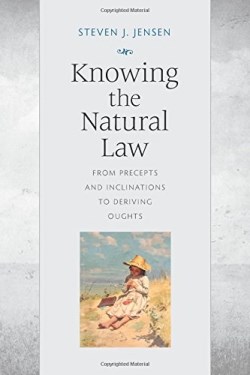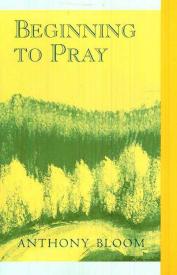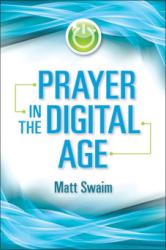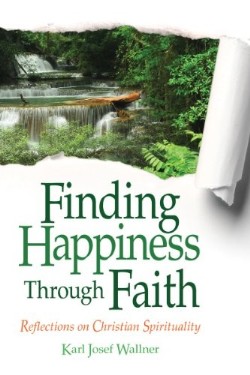Knowing The Natural Law
$34.95
Recent discussions of Thomas Aquinas’s treatment of natural law have focused upon the “self-evident” character of the first principles, but few attempts have been made to determine in what manner they are selfevident. On some accounts, a self-evident precept must have, at most, a tenuous connection with speculative reason, especially our knowledge of God, and it must be untainted by the stain of “deriving” an ought from an is. Yet Aquinas himself had a robust account of the good, rooted in human nature. He saw no fundamental difference between is-statements and ought-statements, both of which he considered to be descriptive. Knowing the Natural Law traces the thought of Aquinas from an understanding of human nature to a knowledge of the human good, from there to an account of ought-statements, and finally to choice, which issues in human actions. The much discussed article on the precepts of the natural law (I-II, 94, 2) provides the framework for a natural law rooted in human nature and in speculative knowledge. Practical knowledge is itself threefold: potentially practical knowledge, virtually practical knowledge, and fully practical knowledge. This distinction within practical knowledge, typically overlooked or underutilized, reveals the steps by which the mind moves from speculative knowledge all the way to fully practical knowledge. The most significant sections of Knowing the Natural Law examine the nature of ought-statements, the imperative force of moral precepts, the special character of per se nota propositions as found within the natural law, and the final movement from knowledge to action.
in stock within 3-5 days of online purchase
SKU (ISBN): 9780813227337
ISBN10: 081322733X
Steven Jensen
Binding: Trade Paper
Published: April 2015
Publisher: Catholic University of America Press
Related products
-
Prayer In The Digital Age
$16.99Add to cartThe digital age is an age of information overload. In this noisy, technology-driven world, full of important news and urgent messages, spending silent time in prayer can seem impossible.
In his second book, Matt Swaim brings to light the obstacles to prayer inherent in our digitally-connected culture and explores both the challenges and benefits of living a Christian life in the 21st century. Drawing on the spiritual wisdom of such masters as St. Ignatius of Loyola, St. Therese of Lisieux, and Venerable Pope John Paul II, Swaim provides practical suggestions for learning how to “unplug” and incorporate prayer into one’s daily life.
Delve into how technology truly affects our faith:
In a culture suffering from information overload, what’s the difference between knowing facts about God and actually knowing God?
How does our desire to be entertained interfere with knowing God as He really is, rather than just as we want to perceive Him?
What are the distinctions between employing media and information as tools to aid evangelization and spiritual growth while avoiding a purely consumer approach to the faith?
How can information overload deaden our ability to listen? -
Finding Happiness Through Faith
$5.00Add to cartThe world is facing a phase of religious change. The paradox: while many long for spirituality, churches are becoming more and more empty as many individualize their faith experience. Yet we all long for community, and Christianity has a long history of joy-filled and vibrant communities of faith. Learning to fully comprehend and love the Christian faith is necessary if we want to know true joy and happiness.






Reviews
There are no reviews yet.